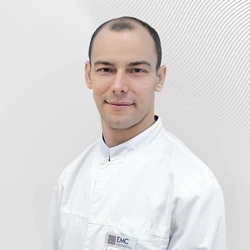The outpatient service of the Department of Coloproctology is organized in the surgical clinic of the European Medical Center.
During the initial consultation, the doctor collects all information about concomitant diseases, about those diseases that led the patient to consult a proctologist. Special approaches to the examination and examination of patients have been developed, which make it possible to identify the individual characteristics of each patient and, accordingly, select the therapy or method of surgical intervention. The outpatient coloproctology service uses a special algorithm for the initial examination of functional disorders of the anal sphincters, pelvic floor, lumbosacral spine, and genitourinary system.
Unlike large proctology centers, the EMC employs a team of professionals from various specialties, which allows for comprehensive diagnostics and a comprehensive approach to each patient's problem.
It is known that there are practically no proctological diseases in their pure form. So, often the patients who come to us need additional examination and treatment by dermatologists. For example, diseases such as psoriasiscan cause proctological diseases. The complaints may also be related to radiculopathy of the lumbosacral spine, and the patient needs to be examined by a neurologist. Or the patient may have latent depression that has been somatized in the field of proctology. Proctologists in their work encounter problems of integumentary tissues, impaired blood flow, which may be associated with problems of the pelvic floor muscles.
Hence the understanding of the need for a fine functional diagnosis of the pelvic floor. The diagnosis consists in assessing the function of muscles at rest, their amplitude of contraction, and fatigue. Techniques such as monometry (in collaboration with urologists), electromyography (in collaboration with neurologists), and X-ray techniques for assessing rectal function during bowel movements are used. All these techniques make it possible to objectify the patient's complaints, since most often the way the patient sees the problem differs significantly from what the diagnosis can show. The research is carried out as physiologically as possible, simulating the conditions of natural processes. The study creates a model that is compared by objective criteria with ideal models.
As part of the outpatient coloproctology service, minimally invasive interventions are performed, which involve a very rapid recovery of the patient and his discharge within 3-12 hours. A special strategy and tactics of postoperative rehabilitation have been developed, allowing patients to quickly return to normal life. Difficult and uncomfortable examinations are performed under sedation (drug-induced sleep).
All EMC proctologists have the most modern techniques for performing surgical interventions, both for benign anorectal and oncological diseases.
A number of patients may find it uncomfortable to undergo examination and treatment by a man. A female coloproctologist works at the EMC. Just let us know during the recording that this moment is important to you.
Was this information helpful?
Questions and answers
Ask a Question
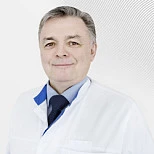





.webp)
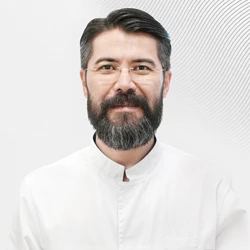
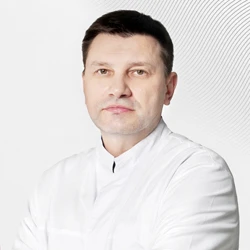
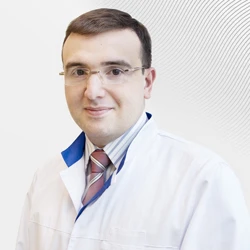
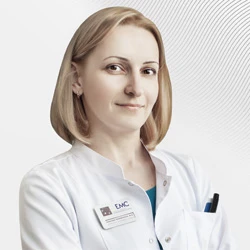
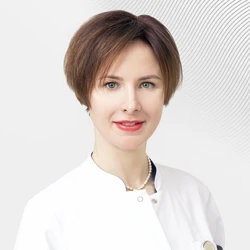
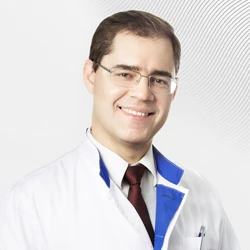
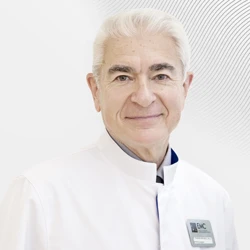
.webp)

.webp)
.webp)

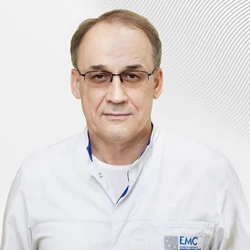
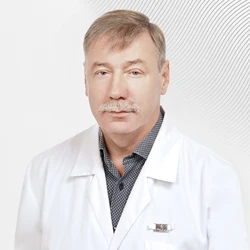
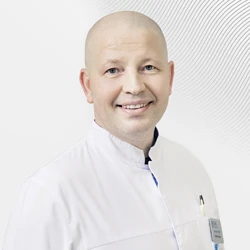
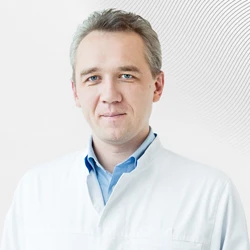
.webp)
